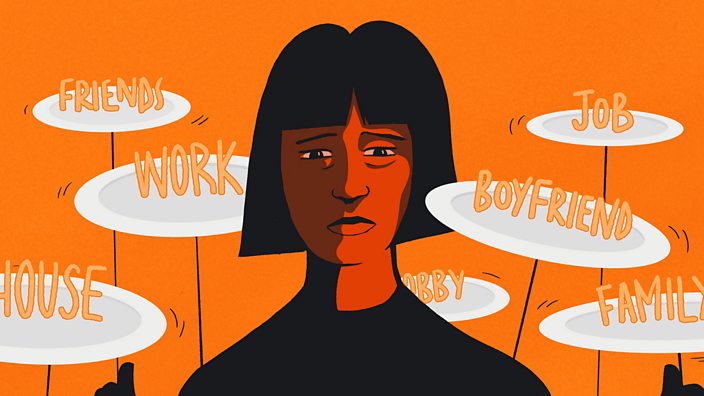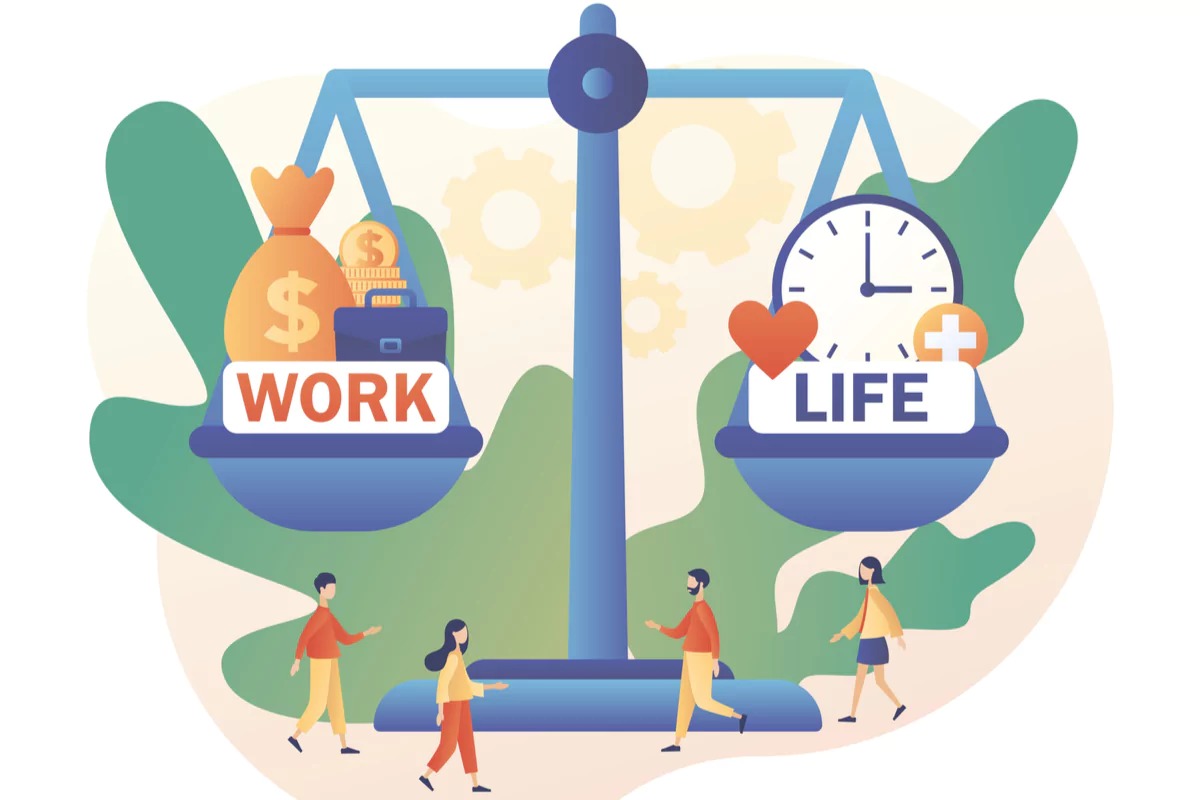5 Reasons Why Millennials Are Burning Out
By Ashmal Shah
31 May 2023
Millennials, the generation born between the early 1980s and mid-1990s, have often been characterized as ambitious, tech-savvy, and driven. However, they are also facing unprecedented levels of burnout. Burnout is a state of chronic physical and emotional exhaustion that results from prolonged stress and overwork. Here are five reasons why millennials are particularly susceptible to burnout:

Constant Connectivity:

One major factor contributing to millennial burnout is the pervasive culture of constant connectivity. Millennials grew up in a digital age where smartphones and social media became an integral part of their lives. While these technologies offer numerous benefits, they also blur the boundaries between work and personal life. Millennials are expected to be available and responsive around the clock, leading to a never-ending cycle of work-related stress. The pressure to be constantly connected can leave little time for self-care and relaxation, increasing the risk of burnout.
High Career Expectations:

Millennials are known for their lofty career aspirations. They often prioritize finding meaningful work over financial stability. However, this drive for success can come at a cost. Many millennials enter the workforce burdened with high student loan debt and face intense competition for jobs. The pressure to achieve career milestones quickly, coupled with the fear of falling behind their peers, can lead to overwork and burnout. Millennials often find themselves caught in a relentless pursuit of professional success, sacrificing their well-being in the process.
Financial Insecurity:

While millennials strive for meaningful work, they also face financial challenges that can exacerbate burnout. Economic uncertainties, rising living costs, and stagnant wages have made it difficult for many millennials to achieve financial stability. The constant worry about meeting financial obligations and the fear of falling into debt can create immense stress. Millennials often feel compelled to work multiple jobs or long hours to make ends meet, leaving little time for rest and relaxation. The combination of financial insecurity and work demands can contribute to burnout.
Unrealistic Work Culture:

Millennials have entered the workforce at a time when the work culture is rapidly changing. Traditional 9-to-5 jobs are being replaced by flexible work arrangements and remote work options. While these changes offer greater flexibility, they can also blur the boundaries between work and personal life. Millennials often find themselves working longer hours, even outside of the traditional workday, due to the expectation of constant availability. This blurred work-life balance can lead to chronic stress and burnout. Additionally, the pressure to constantly demonstrate productivity and achieve unrealistic goals adds to the stress millennials face in the workplace.
Mental Health Challenges:

Millennials are more open about discussing mental health compared to previous generations, but they also face unique mental health challenges that contribute to burnout. Factors such as social media comparisons, economic pressures, and the uncertainty of the future can take a toll on millennials' mental well-being. Anxiety, depression, and other mental health issues are prevalent among this generation, and these conditions can exacerbate burnout symptoms. The stigma surrounding mental health often discourages millennials from seeking help, leaving them to cope with their struggles on their own.






